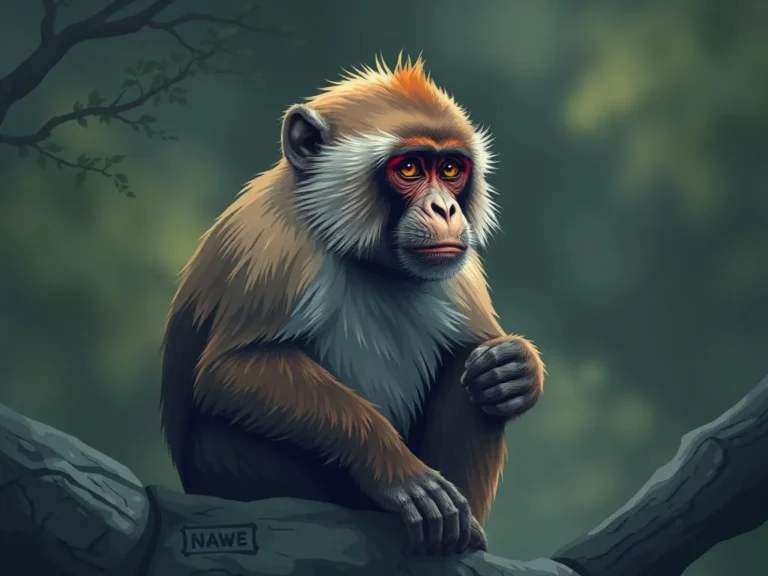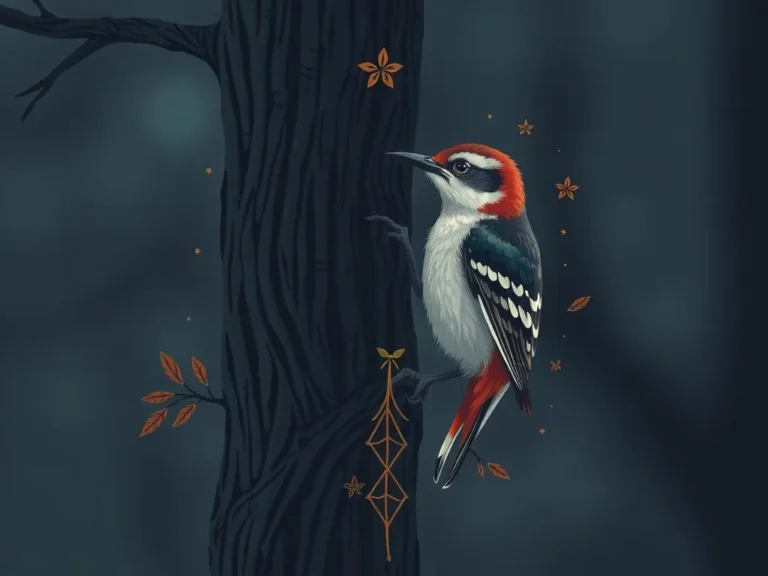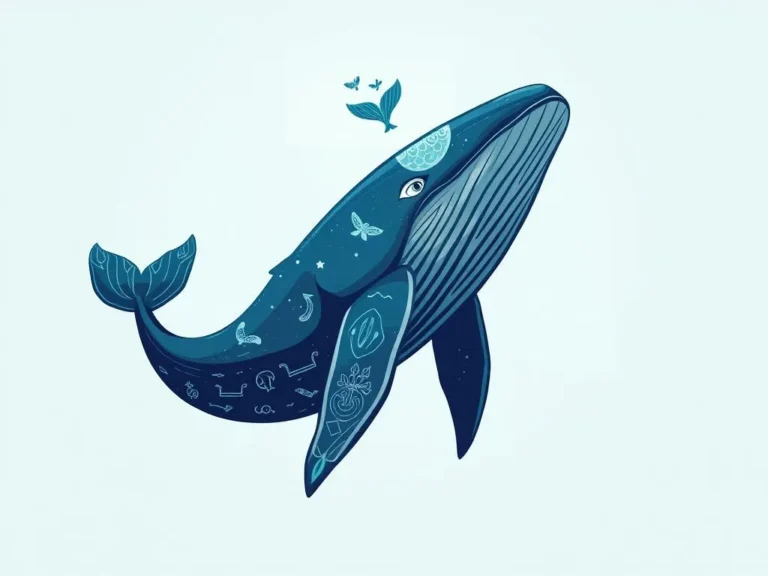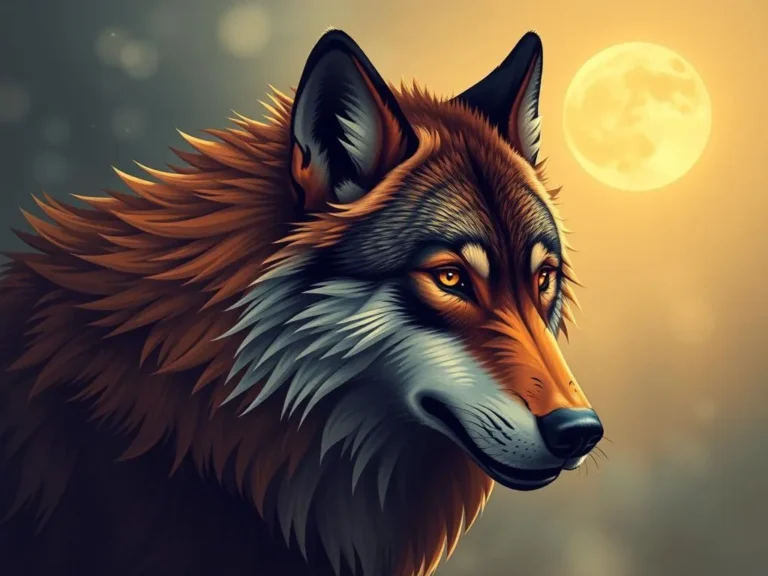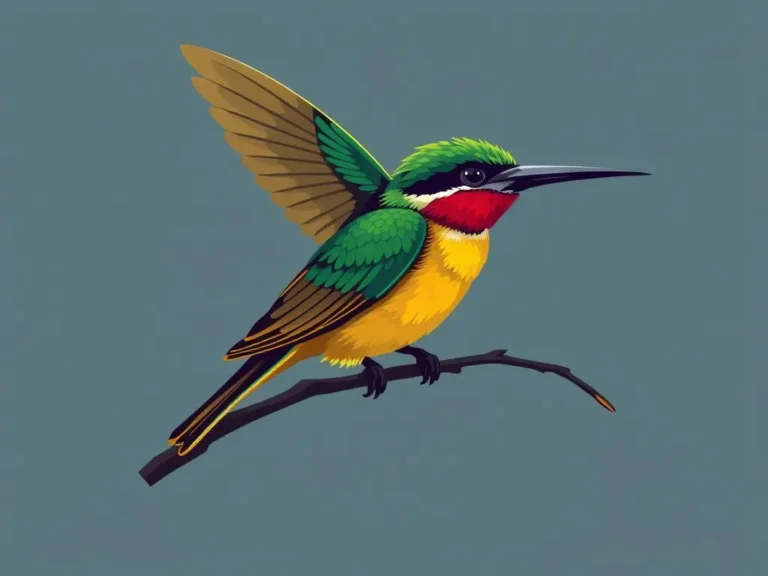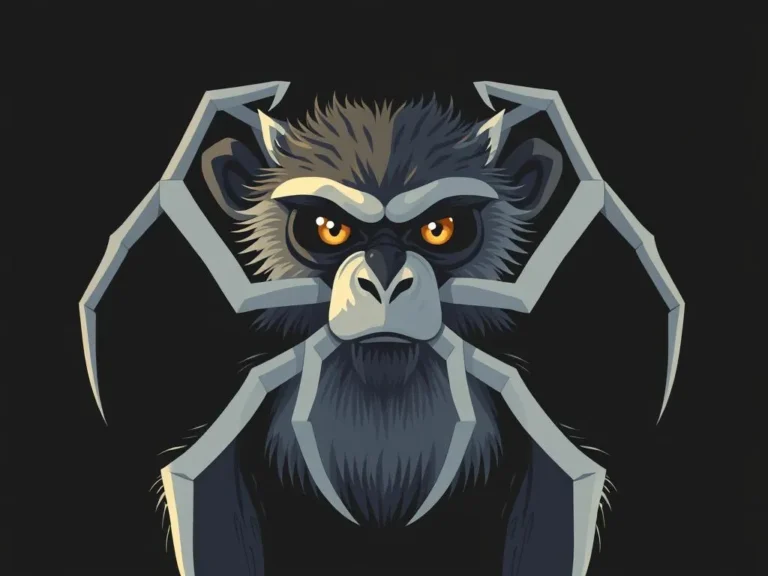Desert Locust Symbolism: Decoding the Wisdom of the Swarm
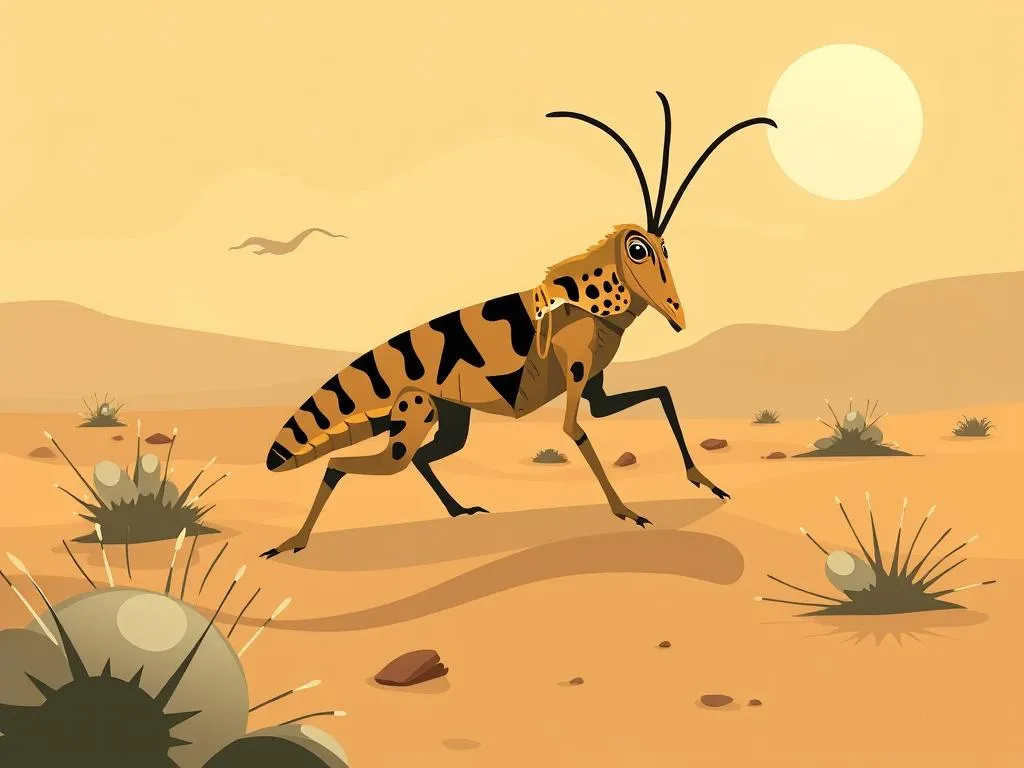
Introduction
The desert locust, a formidable insect known for its vast, devastating swarms, has long been a subject of fascination and symbolic significance across cultures. Desert locust symbolism is a rich tapestry woven with ancient beliefs, modern interpretations, and the awe-inspiring power of nature. As we delve into the deeper meanings behind this remarkable creature, we uncover insights that can inspire personal growth, environmental awareness, and a deeper connection with the natural world.
In this article, we’ll explore the multifaceted symbolism of the desert locust, shedding light on its potential spiritual and metaphorical significance. Whether you’re intrigued by the locust’s role in mythology, seeking guidance through its symbolism, or simply marveling at the resilience of this remarkable insect, this exploration of desert locust symbolism will offer a fresh perspective on the wisdom of the swarm.
The Duality of the Desert Locust
The desert locust is a complex and often misunderstood creature. On one hand, it is a formidable force of nature, capable of devastating entire ecosystems with its voracious appetite and sheer numbers. The sight of a desert locust swarm, darkening the sky and devouring crops, can evoke feelings of fear and trepidation.
However, the desert locust also represents resilience, adaptability, and the cyclical nature of life. Its ability to transform from a solitary, harmless insect into a swarming, destructive force is a testament to the power of nature and the unpredictable cycles that govern our world. This duality of the desert locust is often reflected in its symbolic interpretations, which can range from harbingers of destruction to symbols of transformation and renewal.
The Desert Locust in Mythology and Folklore
Across various cultures and belief systems, the desert locust has been imbued with deep symbolic meaning. In many ancient traditions, the locust was seen as a harbinger of divine judgment or a sign of impending calamity.
In the Bible, for example, the desert locust is often associated with plagues and divine punishment, as seen in the Book of Exodus, where a swarm of locusts devastates the land of Egypt. This biblical imagery has influenced the way the desert locust is perceived in Judeo-Christian and Islamic traditions, where it may be seen as a symbol of divine wrath or a test of faith.
In other belief systems, the desert locust is viewed in a more nuanced light. In some Native American traditions, the locust is seen as a symbol of transformation, representing the cyclical nature of life and the ability to adapt to changing circumstances. The locust’s capacity to change its behavior and physical appearance based on environmental cues is often interpreted as a metaphor for personal growth and the embracing of change.
The Desert Locust as a Spirit Animal
For those who believe in the concept of spirit animals, the desert locust might mean a unique and powerful totem. As a spirit animal, the desert locust could suggest qualities such as resilience, adaptability, and the ability to navigate challenging environments.
Individuals who feel a strong connection to the desert locust might find that it represents their own capacity for transformation, their willingness to embrace change, and their ability to thrive in the face of adversity. The locust’s swarming behavior might also symbolize the power of collective action and the importance of community in overcoming obstacles.
It’s important to note that the interpretation of the desert locust as a spirit animal is highly personal and can vary from individual to individual. The symbolism and meaning associated with this creature will depend on one’s cultural background, personal experiences, and spiritual beliefs.
The Desert Locust and Environmental Symbolism
In the modern era, the desert locust has also taken on symbolic significance in the realm of environmental awareness and conservation. As a species that can have a devastating impact on ecosystems, the desert locust has become a powerful metaphor for the fragility of our natural world and the need for sustainable practices.
The locust’s ability to rapidly multiply and spread across vast regions is often seen as a cautionary tale about the consequences of human-induced environmental imbalances. Just as a desert locust swarm can devastate crops and disrupt the delicate balance of an ecosystem, human activities such as deforestation, climate change, and unsustainable agriculture can have far-reaching, disruptive effects on the natural world.
By contemplating the symbolism of the desert locust, we are reminded of our responsibility to protect and preserve the fragile ecosystems that sustain life on our planet. The locust’s story can inspire us to adopt more sustainable practices, support biodiversity conservation, and work towards a more harmonious coexistence with the natural world.
The Desert Locust and Personal Transformation
Beyond its environmental symbolism, the desert locust can also represent personal transformation and growth. Just as the locust undergoes remarkable physical and behavioral changes in response to environmental cues, individuals may find that the locust’s symbolism resonates with their own experiences of personal growth and adaptation.
The desert locust’s ability to transform from a solitary, harmless insect into a swarming, destructive force might symbolize the power of embracing change and stepping out of one’s comfort zone. Individuals who are going through periods of personal transformation, whether it’s a career change, a shift in perspective, or the overcoming of challenges, might find inspiration in the locust’s story.
Additionally, the locust’s resilience and adaptability might represent the human capacity to thrive in the face of adversity. Just as the locust can survive and even flourish in harsh, arid environments, individuals can learn to navigate the challenges of life with a similar tenacity and resourcefulness.
Conclusion: Embracing the Wisdom of the Desert Locust
The desert locust is a complex and multifaceted creature, imbued with rich symbolic meaning across cultures and belief systems. Whether you view the locust as a harbinger of destruction, a symbol of transformation, or a representation of environmental stewardship, its story offers valuable insights and lessons that can inspire personal growth, environmental awareness, and a deeper connection with the natural world.
As we continue to grapple with the complexities of our modern world, the desert locust reminds us of the importance of adaptability, resilience, and the cyclical nature of life. By embracing the wisdom of the swarm, we can learn to navigate the challenges we face with a greater sense of purpose, empowerment, and reverence for the natural world that sustains us all.
